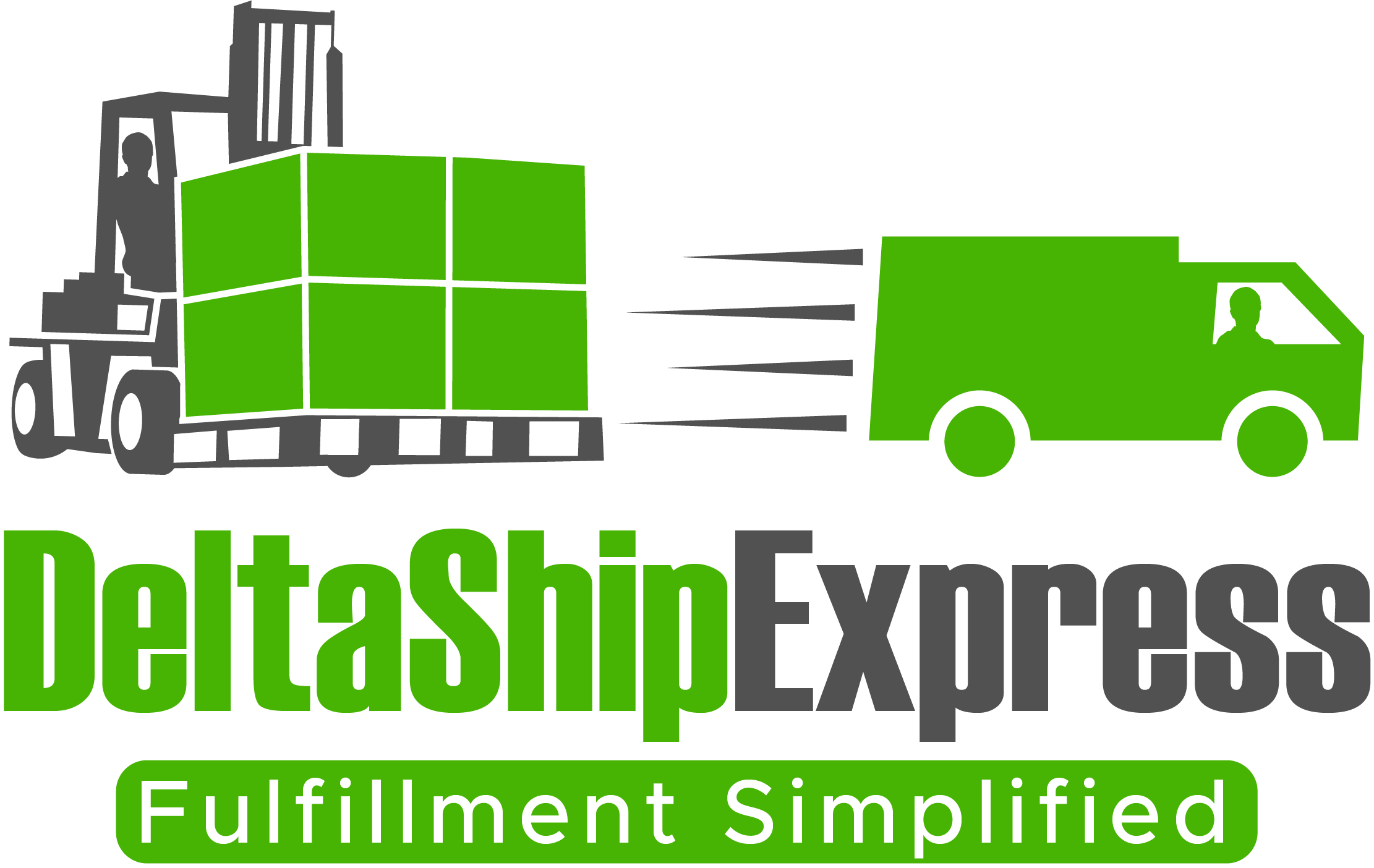Finding the right B2B and B2C logistics partner can be a game-changer for your business. With countless options available, it can be overwhelming to choose the best fit. This guide will help you navigate the key factors to consider when selecting a logistics partner that aligns with your business goals.
Identify Your Logistic Needs
Assessing your logistics requirements is the first step in finding the ideal B2B and B2C logistics partner. Think about the specific services you need, whether it’s transportation, warehousing, or inventory management.
Consider the size and nature of your shipments. Are you dealing with large freight deliveries or smaller, frequent shipments? Each scenario demands different capabilities from your logistics partner.
Moreover, you should be clear about your target markets. Different regions may have distinct logistics regulations and challenges, so finding a partner experienced in those areas can provide you with a significant advantage.
Evaluate Their Experience and Expertise
A partner’s experience can make a world of difference in your logistics operations. Look for firms with a proven track record in B2B and B2C logistics, particularly in your industry. Their familiarity can help streamline your processes.
Don’t hesitate to ask about their team’s expertise. For example, certifications and training programs that employees have completed are indicators of a knowledgeable partner.
It’s beneficial to choose a logistics partner that has seen various market conditions. An experienced partner will effectively mitigate risks, ensuring smooth operations even during unexpected disruptions.
Assess Their Technology and Infrastructure
In today’s fast-paced market, technology plays a crucial role in logistics efficiency. A capable logistics partner should utilize advanced technologies for tracking shipments, managing inventory, and optimizing distribution routes.
Evaluate their IT systems and software platforms. Are they capable of integrating with your existing solutions? Seamless integration ensures better communication and data sharing, enhancing overall logistics management.
Additionally, pay attention to their infrastructure. Do they have sufficient resources, such as warehouses and fleets, to meet your demands? Proper infrastructure can prevent bottlenecks and improve service levels.
Check Customer References and Reviews
One of the best ways to gauge a potential partner’s reliability is by looking at customer references. Reach out to their current or past clients to understand their experience with the logistics provider.
Online reviews can also provide quick insights. While every company may have its share of criticism, look for prevailing themes in feedback. Consistent positive comments about service quality and reliability are good signs.
Remember, real stories can often reveal how a partner responds to challenges, particularly how they handle setbacks. A partner’s problem-solving capabilities are essential in maintaining your supply chain’s integrity.
Discuss Pricing and Contract Terms
Understanding the costs involved is crucial in your decision-making process. When discussing pricing, request a breakdown of all potential charges so you can assess value accurately against your budget.
Moreover, take the time to negotiate contract terms. Flexibility can be vital, especially in a partnership. Ensure that the terms allow for adjustments based on your evolving logistics needs.
Look for clarity in service-level agreements (SLAs). These details provide a framework for performance expectations and accountability, which is essential for a successful partnership.
Consider Their Customer Service and Support
Logistics can be unpredictable, so customer service is often a deciding factor when selecting a B2B and B2C logistics partner. Excellent support ensures any issues can be resolved quickly, minimizing disruption.
Evaluate how responsive the partner is during initial discussions and solicitations. Quick, clear communication is a good precursor to what you can expect later on.
Additionally, ensure there is a dedicated point of contact for your account. Knowing there is someone who understands your business and logistics needs can provide peace of mind.
Examine Their Scalability and Flexibility
As your business grows, so will your logistics needs. A good B2B and B2C logistics partner should demonstrate the ability to scale their services as required. Discuss how they manage growth and the resources they can allocate.
Beyond mere scalability, flexibility is also key. Market conditions can change, and your logistics strategy may need to adapt quickly. A partner that can adjust their offerings can keep your business agile.
Consider how they have adjusted to past market difficulties or spikes in demand. Partners that can pivot when necessary will enhance your operations and safeguard against potential problems.
In Summary
Choosing the right B2B and B2C logistics partner is crucial for your operational success and growth. By carefully evaluating these factors, you can ensure that your logistics partner contributes positively to your business.

